What’s the difference between a commercial and a domestic plumber?
Plumbing is a vital component of any building, be it a home or a commercial property. However, the needs of these two types of properties are significantly different, and therefore so are the requirements of the plumber. In this blog post, we will explore the differences between domestic and commercial plumbers. We will also consider why it’s important to establish that a commercial plumber’s paperwork is up to date.
Domestic Plumbers vs. Commercial Plumbers
Domestic Plumbers
Domestic plumbers are trained and qualified as Gas Safe to work on residential properties. They deal with installations, kitchen and bathroom plumbing, heating systems, and water supply systems. Their job primarily involves working on small-scale projects, such as fixing a leaking tap or installing a new shower.
Commercial Plumbers
Commercial plumbers are qualified to work on larger-scale plumbing projects, such as those found in commercial buildings like offices, hospitals, schools, and hotels. These projects require a higher level of expertise and specialised knowledge compared to residential plumbing systems. Commercial plumbers must be knowledgeable about industrial-grade fixtures, pumps, and water heaters. They will have knowledge of the intricate network of pipes and systems that serve these large buildings.
Why is it important to establish that a commercial plumber’s paperwork is up to date?
When hiring a commercial plumber, it is crucial to ensure that their paperwork is up to date. Commercial plumbing projects are subject to several regulations and safety standards, which must be adhered to. This is why commercial plumbers must hold the appropriate licenses and permits to work on commercial projects. Without these credentials, they may not be authorised to undertake certain projects, and their work may not be recognised by local authorities.
Another critical aspect of a commercial plumber’s paperwork is liability insurance. Commercial plumbing projects involve significant risks, and accidents can happen at any time. In case of an accident or property damage during the project, liability insurance protects the business owner from potential legal issues and financial losses.
Commercial Plumber Requirements
To work as a commercial plumber, individuals must meet specific requirements, which vary from state to state. Some common requirements include:
Licensing: Commercial plumbers must hold a state-issued plumbing license, which requires passing a written exam and meeting minimum work experience requirements.
Insurance: Commercial plumbers must carry liability insurance, which protects both the business owner and the plumber in case of accidents or property damage during the project.
Knowledge of building codes: Commercial plumbers must have a thorough understanding of local building codes and regulations that apply to commercial plumbing systems.
Experience: Commercial plumbing projects are complex and require a higher level of expertise than residential projects. Commercial plumbers must have extensive experience working on large-scale plumbing systems.
Conclusion
In conclusion, while domestic and commercial plumbers may seem similar, they require different levels of expertise and experience. Commercial plumbing projects are subject to several regulations and safety standards that must be adhered to. It’s crucial to ensure that the commercial plumber’s paperwork is up to date. When hiring a commercial plumber, it’s important to check for the appropriate licenses, permits, and insurance. Knowledge of building codes and experience working on large-scale plumbing systems is also crucial. By doing so, business owners can ensure that their commercial plumbing projects are completed safely, efficiently, and to a high standard.
For any further guidance on this give Andrew a call at 07973362771 or drop us an email at hello@n21plumbers.co.uk.


